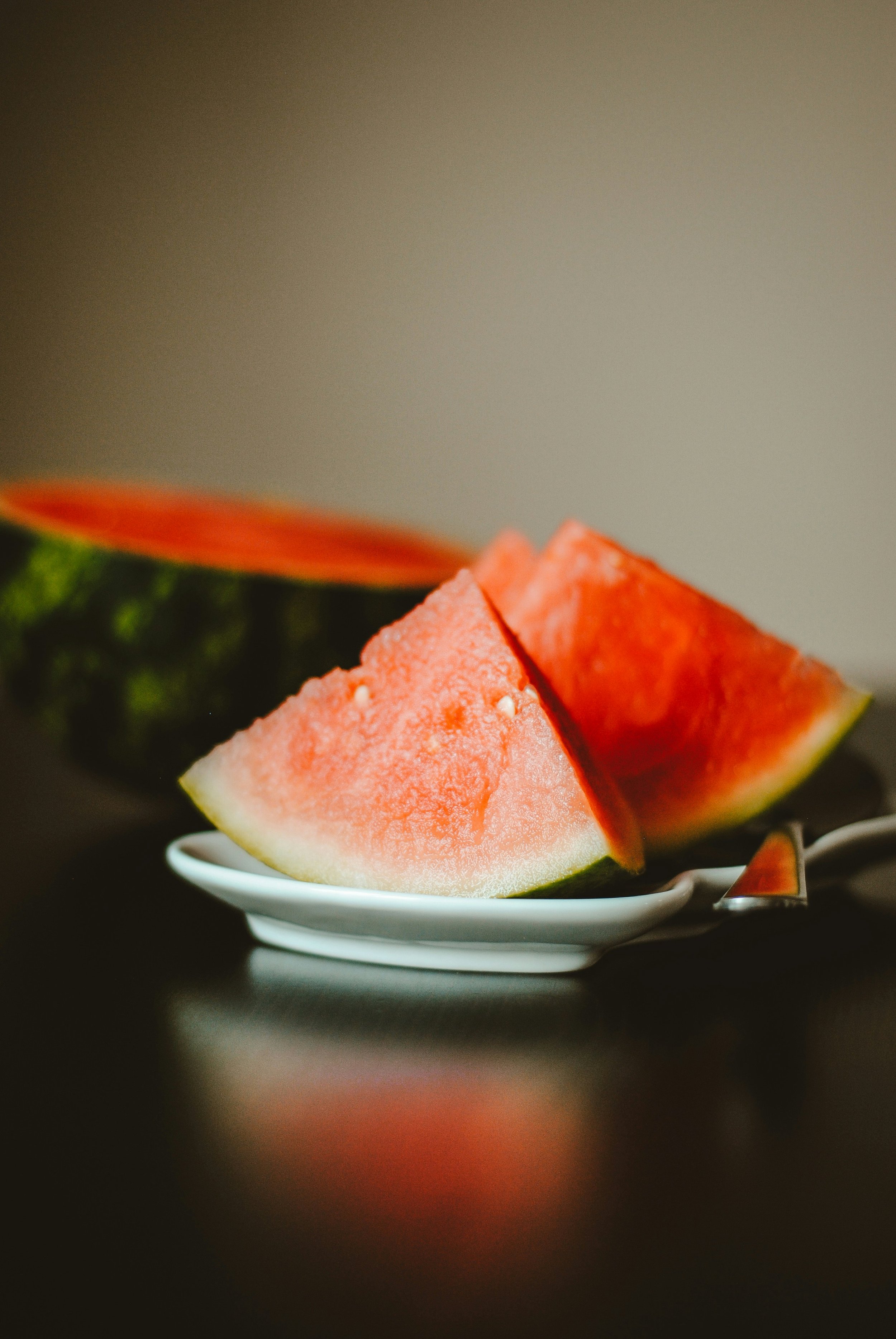
Stand for Humanity: Boycott Israel and Its Allies to End the Genocide in Gaza
Boycotting Israel and its allies is a powerful means of expressing solidarity with the Palestinian people and opposing the ongoing violations of human rights in Gaza. The Boycott, Divestment, Sanctions (BDS) movement, inspired by the South African anti-apartheid movement, seeks to apply economic pressure on Israel to end its occupation and apartheid policies. This peaceful form of protest aims to hold Israel accountable for its actions, which include the expansion of illegal settlements, the blockade of Gaza, and numerous military offensives that have resulted in significant civilian casualties and widespread destruction.
Supporting the boycott also challenges the international community to address its complicity in the oppression of Palestinians. Many multinational companies operate in or benefit from the Israeli occupation, and by boycotting these companies, consumers can help disrupt the economic foundation that supports these policies. This form of economic activism raises awareness and generates pressure for change, encouraging corporations to reassess their involvement and pushing governments to adopt policies that promote justice and human rights. The ultimate goal is to foster a global response that compels Israel to comply with international law and respect the rights and dignity of the Palestinian people.
Participating in a consumer boycott of Israeli goods and services is a powerful way to show opposition to Israel’s apartheid policies and violations of international law against the Palestinian people. This can put pressure on companies whose exports are linked to the occupation and apartheid.
How to Identify Israeli Products
Israeli Barcode: Starts with the numbers 729. However, not all Israeli products use this barcode, so always check the label or ask your supplier for the country of origin.
Supermarket Products
Fruit & Vegetables: Jaffa oranges, grapefruits, peppers, avocados, grapes, figs, passion fruits, and Sharon fruits. Companies like Mehadrin (Jaffa) and Carmel-Agrexco grow much of this produce on confiscated Palestinian land in the Jordan Valley.
Dates: Especially prominent during Ramadan, found in many halal shops.
Potatoes & Carrots: Often available in the spring.
Herbs: Basil, dill, tarragon, parsley, sage, rosemary, mint, chives, etc.
Tivall: Vegetarian foods.
Sabra: Hummus and dips. Parent company Strauss Group supports Israeli occupation forces.
SodaStream: Home carbonation products.
Hardware & Homeware Products
Stanley/Black & Decker: Toolboxes, plastic organizers, plastic saw horses.
Keter: Shelf storage bins, garden sheds, outdoor storage boxes, dog kennels, composting bins.
Palram: Polycarbonate and PVC products like greenhouses, roofing, gazebos, sheds.
Lees Carpets: Made by Carmel Carpets in the Barkan industrial settlement zone.
Beauty Products & Clothing
Dead Sea Products: Brands include Ahava, Dead Sea Magik, GADI21, -417, VivO, Nevo, Sea Spa Skincare, YesTo.
MoroccanOil & Arganicare: Argan oil-based hair care products.
Ronen Chen: Women’s fashion label.
Puma: Sponsors Israel Football Association, includes teams in illegal settlements.
Pharmaceuticals
Teva: Leading supplier of prescription drugs. Also owns Sudocrem.
Children's Toys
AMAV: Craft boxes and art easels.
Tiny Love: Baby toys.
Lidl’s Lupilu Babywipes: Made in Israel.
IT, Music, and Online Services
Wix: DIY website platform.
Waves: Audio plugin development.
MyHeritage.com: Ancestry research and DNA testing.
Connecteam: Employee management app.
Fiverr: Freelance services marketplace.
HP Hewlett-Packard: Technology aiding the occupation.
Motorola Solutions: Provides surveillance in settlements.
Siemens: Involved in the EuroAsia Interconnector project.
Vehicles, Machinery, Insurance, and Energy
Caterpillar, JCB, Hyundai: Supply machinery for demolishing Palestinian homes and farmlands.
Chevron/Texaco: Operates petrol stations, supplies heating oil, extracts fossil gas.
AXA: Invests in Israeli banks financing settlements and other companies complicit in war crimes.
UN List of Complicit Companies
In February 2020, the Office of the UN Human Rights Commissioner (OHCHR) issued a report listing companies conducting business in illegal Israeli settlements in the Occupied Palestinian Territory. The list was last updated in June 2023 and includes:
Airbnb Inc. (USA)
Booking.com B.V. (Netherlands)
Expedia Group Inc. (USA)
TripAdvisor Inc. (USA)
Bank Hapoalim B.M. (Israel)
Bank Leumi Le-Israel B.M. (Israel)
First International Bank of Israel Ltd. (Israel)
Mizrahi Tefahot Bank Ltd. (Israel)
Angel Bakeries (Israel)
Café Café Israel Ltd. (Israel)
Egged Transportation Ltd. (Israel)
Israel Railways Corporation Ltd. (Israel)
J.C. Bamford Excavators Ltd. (UK)
Kavim Public Transportation Ltd. (Israel)
Ariel Properties Group (Israel)
Ashtrom Industries Ltd. (Israel)
Shapir Engineering and Industry Ltd. (Israel)
Zakai Agriculture Know-how and Inputs Ltd. (Israel)
Bezeq the Israel Telecommunication Corp. Ltd. (Israel)
Motorola Solutions Israel Ltd. (Israel)
For a complete and updated list of companies involved in business in illegal Israeli settlements, visit the UN OHCHR report.
Take Action
Write to supermarkets and ask them to stop stocking Israeli goods. Share this information to raise awareness and support Palestinian rights.
For further details, visit the BDS Movement website.


